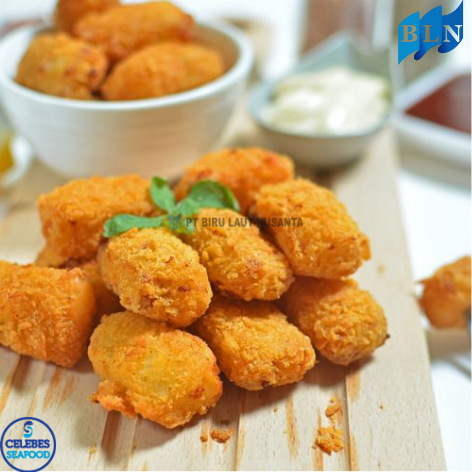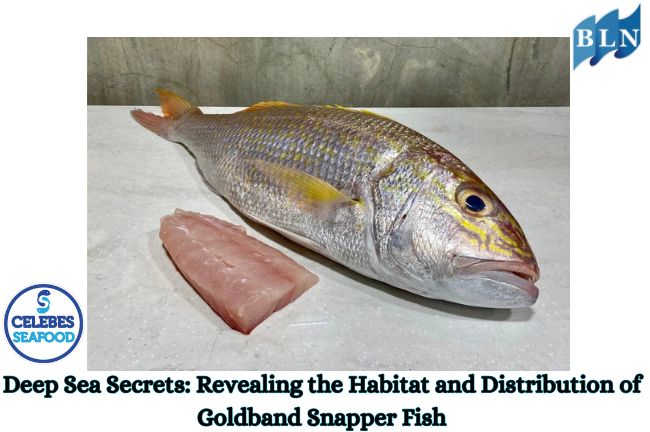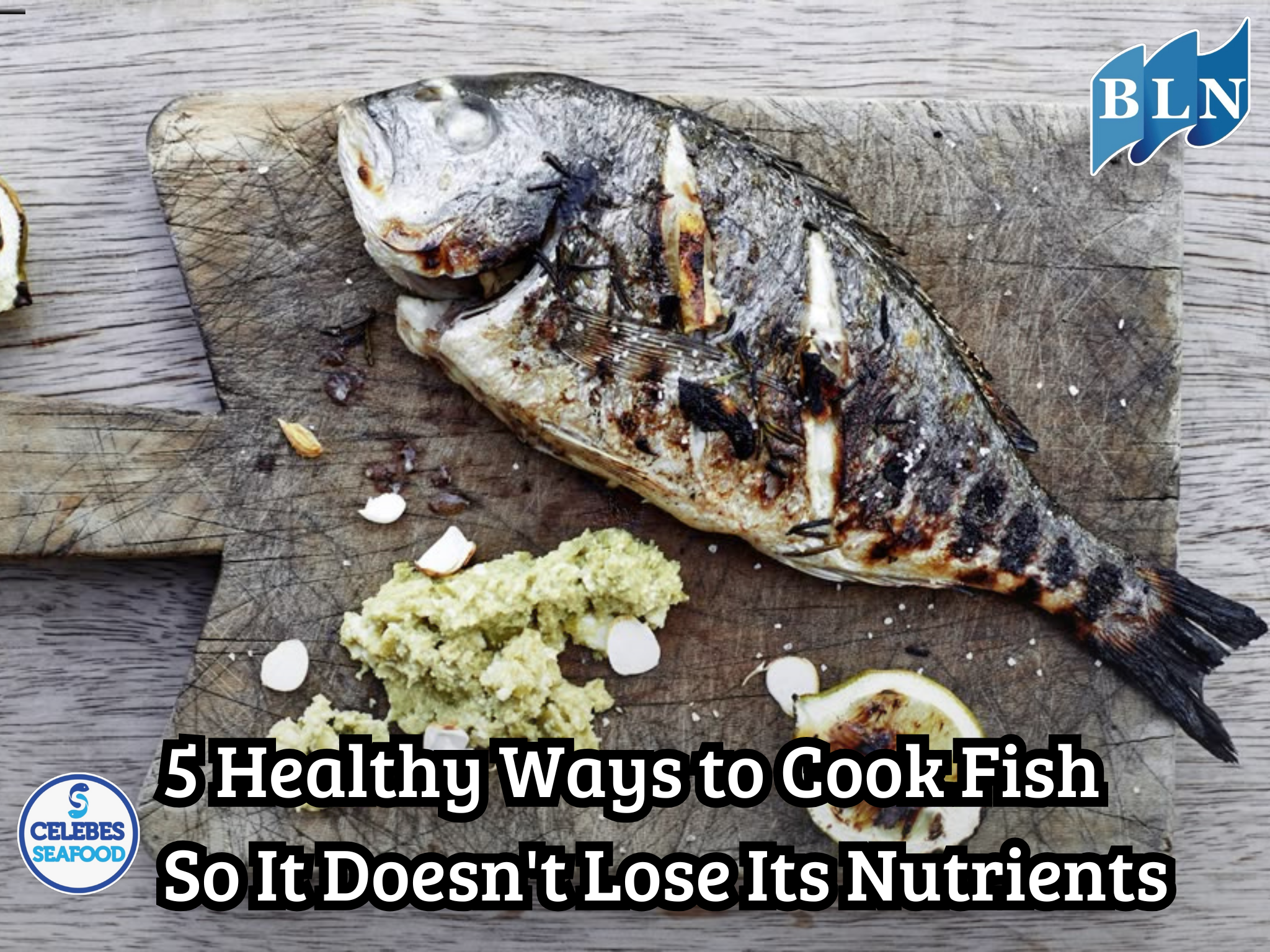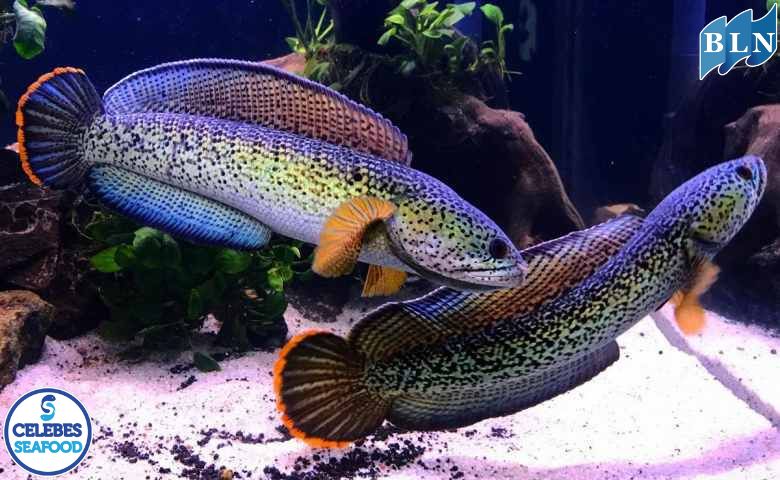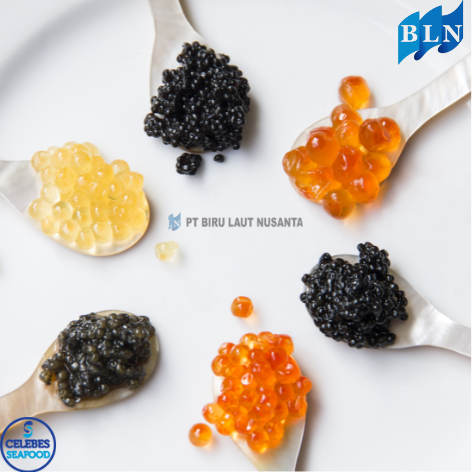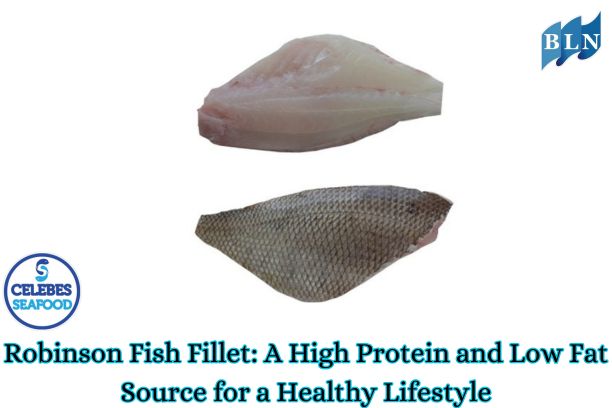Learn How to Make Fish Compost At Home
By. Nevanda - 12 Apr 2023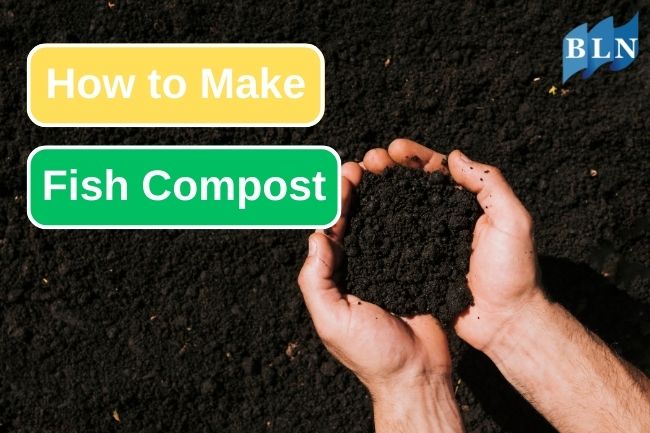
lautnusantara.com - Composting, the process of allowing organic material to decompose in a controlled setting, is a natural and very beneficial process. Home composting operations, however, do pose some limitations. Some types of food waste, such as meat, fish, and bones, cannot be readily composted. These materials will become rancid, emit foul odors, and attract rodents and other unwanted animals to your compost pile.
Read also: This is how drying fish works for preserving fish
However, meat and fish remain are still wholly organic, and therefore they will decompose. Fish compost is an excellent source of nutrients for your plants, that you can try to make at home. Here's how:
1. Collect fish scraps
Collect fish scraps, such as heads, tails, bones, and other parts that are not used for cooking.
2. Add carbon-rich materials
To balance out the nitrogen-rich fish scraps, add carbon-rich materials such as shredded leaves, straw, sawdust, or wood chips. This will also help to prevent any strong odors.
3. Choose a compost bin or pile
Select a compost bin or pile to contain your fish scraps and carbon-rich materials. A compost bin with a tight-fitting lid will help keep pests away and reduce any unpleasant odors.
4. Layer the materials
Start by adding a layer of carbon-rich materials to the bottom of the compost bin or pile, then add a layer of fish scraps. Repeat the process, alternating between layers of carbon-rich materials and fish scraps until the bin or pile is full.
Read also: Fish Waste Potential to Become Compost
5. Keep the compost moist
To help the composting process, keep the compost moist but not too wet. If it's too dry, add water, and if it's too wet, add more carbon-rich materials.
6. Turn the compost
To speed up the composting process and ensure that everything is breaking down evenly, turn the compost every few weeks with a pitchfork or garden tool.
7. Wait for it to decompose
Depending on the temperature and other conditions, your fish compost should be ready in 2-6 months. When it's ready, it should look and smell like rich, crumbly soil.
8. Use your compost
Use your fish compost to enrich your garden soil or potting mix. It's a great fertilizer for vegetables, flowers, and other plants.

